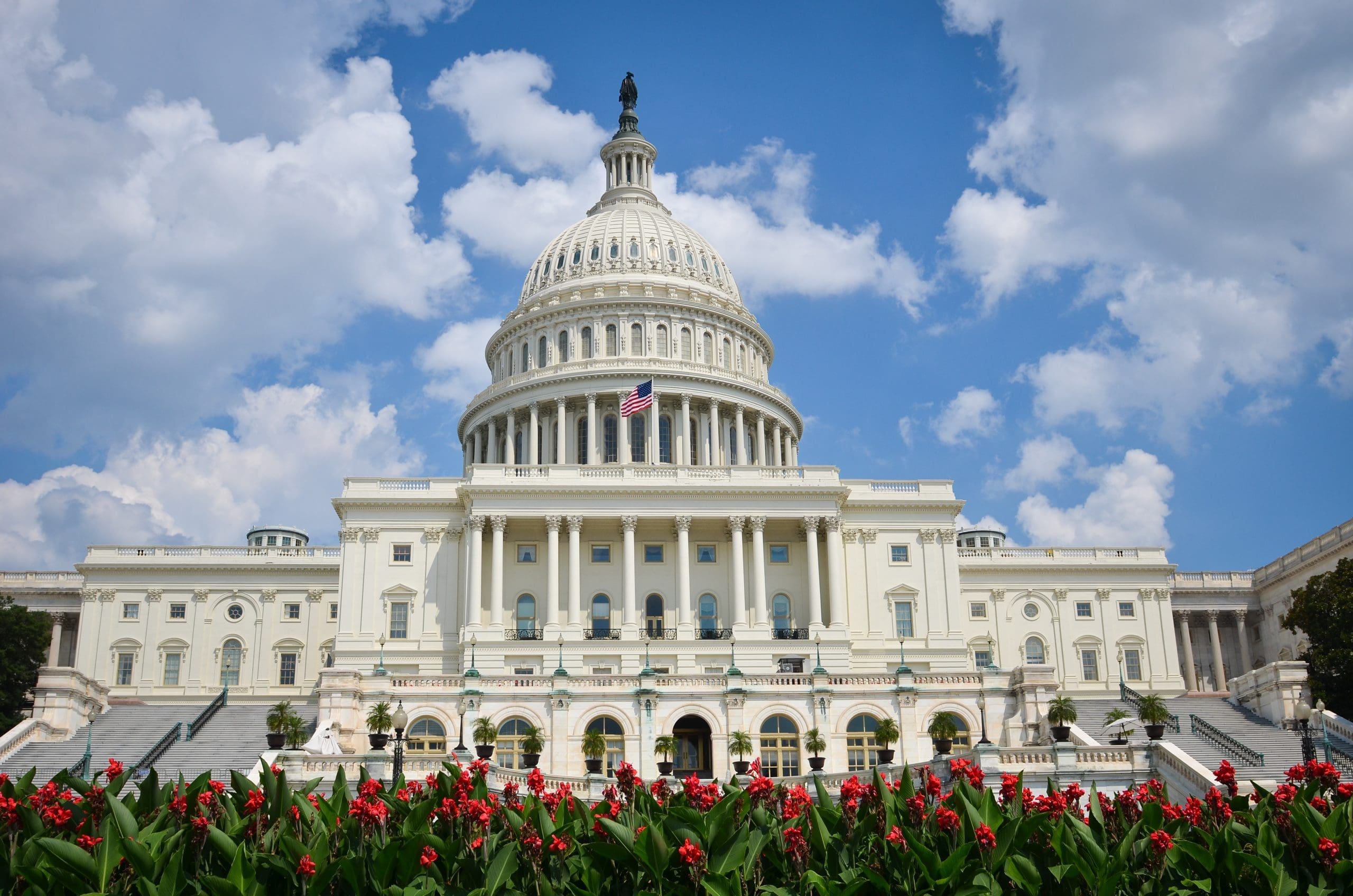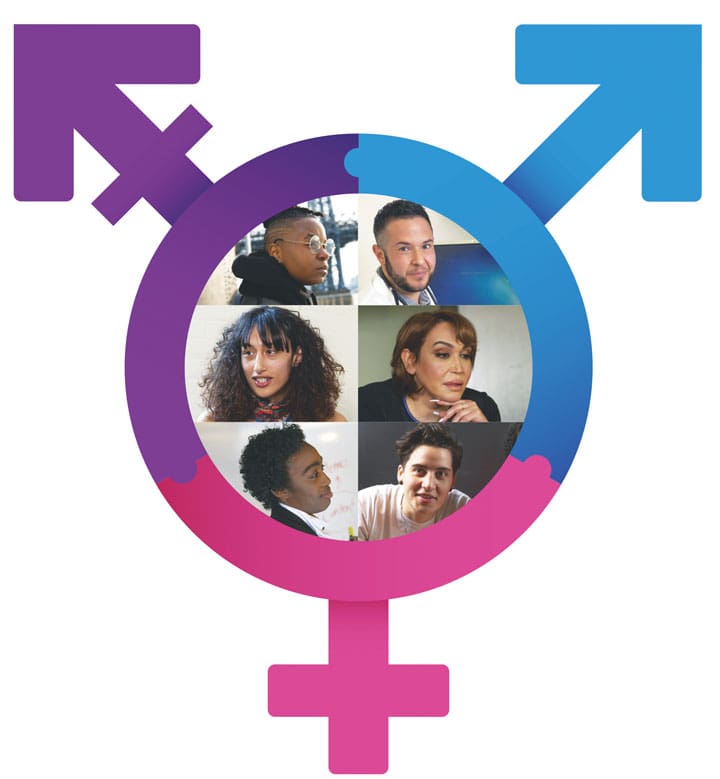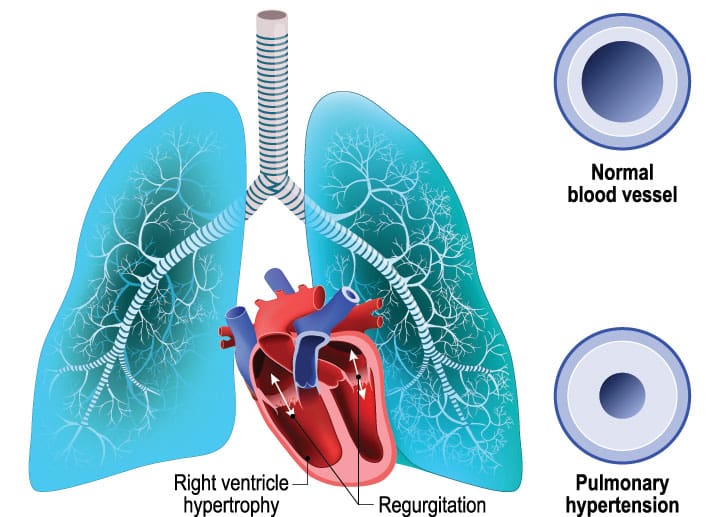These words, which should strike fear in all of us, come from one of the most esteemed nursing leaders of the 20th and 21st centuries. Dr. Margretta Madden Styles was president of the American Nurses Association (ANA), International Council of Nurses (ICN), and American Nurses Credentialing Center (ANCC). She was a scholar and leader in nursing education, regu-lation, and credentialing.
On November 20, 2005, the nursing world lost this great leader—but not before she was able to imprint her legacy on nursing. A pioneer in framing the discussion of credentialing and quality in nursing practice, she studied specialization and credentialing, helping to lay the groundwork for the formation of the ANCC.
Beloved by many nurses, Gretta (as she was known to friends and colleagues) received many honors. She was named to the ANA Hall of Fame, was deemed a Living Legend of the American Academy of Nursing, and served as a member of the prestigious National Academy of Sciences. In 1984, the American Nurses Foundation (ANF) recognized her as their first Distinguished Scholar; in 2004, it honored her with its Nightingale Lamp Award. In 2005, ICN awarded her their highest honor, the Christiane Reimann Prize, in recognition of her outstanding lifelong achievements and contributions to the nursing profession.
But it’s not these honors that come to mind when I remember Gretta. Rather, it was her unassuming style, dignified presence, and bias for action—traits that made her a great leader and inspiration for nurses from every corner of the globe. I had the honor of serving on the ANA Board of Directors during her presidency—a time when nursing faced one of the most overt threats from organized medicine, which sought to introduce the “registered care technologist.” This unlicensed caregiver was an ill-conceived role envisioned as a substitute for nurses and a way to help resolve the nursing shortage. At the annual ANA convention that year, Gretta called on the hundreds of nurses assembled to “march” in opposition to this proposal; stomping feet and cheers in support of nurses echo in my memories. To Gretta, marching was a call to action, inspiring and rallying nurses across the country to suppress this threat and send a strong message that nursing would not be denied. Gretta adapted this message from the words of Florence Nightingale, who wrote, “No system shall endure that does not march.” Gretta made this her watchword as president of ANA and ICN, encouraging nurses to embrace change.
In tribute to Gretta’s remarkable leadership and belief in nurses worldwide, her daughter, Meg Styles, created the Gretta Foundation in 2007. It focuses on providing funding for nursing education in-country for individuals living in nations with heavy disease burdens who could not otherwise afford an education. One of its goals is to create and retain a greater nursing workforce in these countries and stop the brain drain. The Gretta Foundation seeks to increase healthcare capacity world wide.
Gretta believed nurses are instruments of change who provide hope for empowering communities, caring for the sick, and making an impact on disease prevention, hunger relief, and combating deadly epidemics. The foundation is bringing these beliefs to life and creating a living legacy in her image—taking steps, marching toward a future “where all who are in need of nursing care receive it.”
The foundation is beginning to make an impact by awarding scholarships to prepare nurses who will become the force to eliminate poverty and hunger; improve the health of children, women, and those suffering deadly diseases; and create sustainable environments in their home countries. To learn more about Gretta and the Foundation or to lend your support, visit www.grettafoundation.org.
The ANF also has recognized Gretta through its Credentialing Scholars Grant Program, named in her honor. These grants assist investigators to study the relationship of nurse credentialing to quality health outcomes. Research findings will help educate the public, employers, policy makers, and other stakeholders about the impact of credentialing.
Gretta was too humble to imagine she would leave a global legacy. At this time of year when we give thanks, let’s also reflect on how we might help those less fortunate to assure there are nurses to influence the health of individuals, families, and nations.
Pamela F. Cipriano, PhD, RN, FAAN, NEA-BC
Editor-in-Chief


















1 Comment.
This is a wonderful and inspiring article. Im a senior in high school and becoming a nurse is what i want. Reading about people like Gretta gives me so much inspiration.